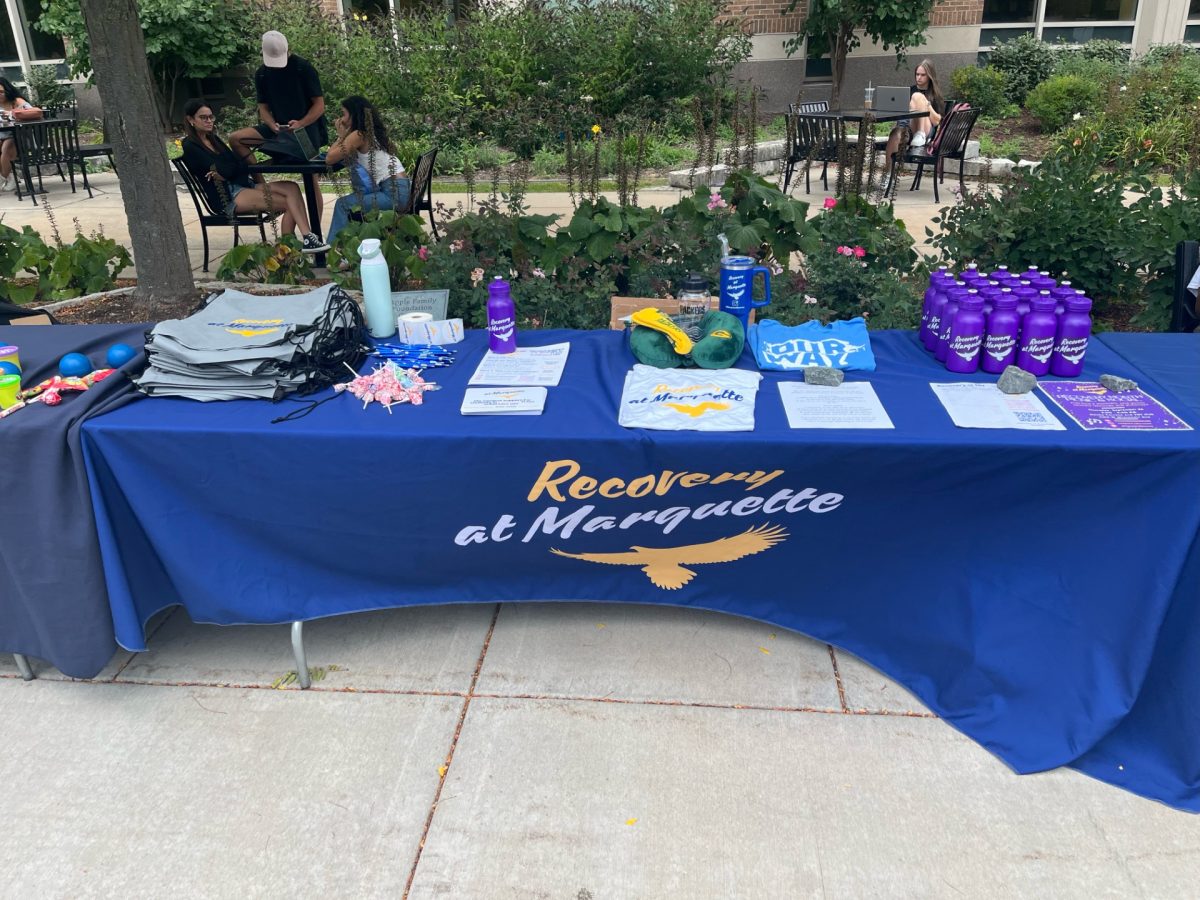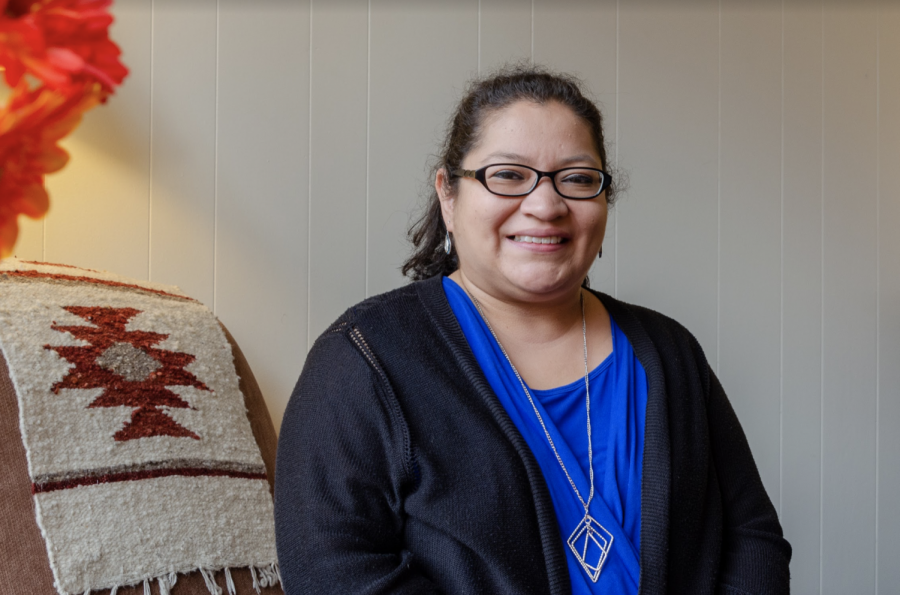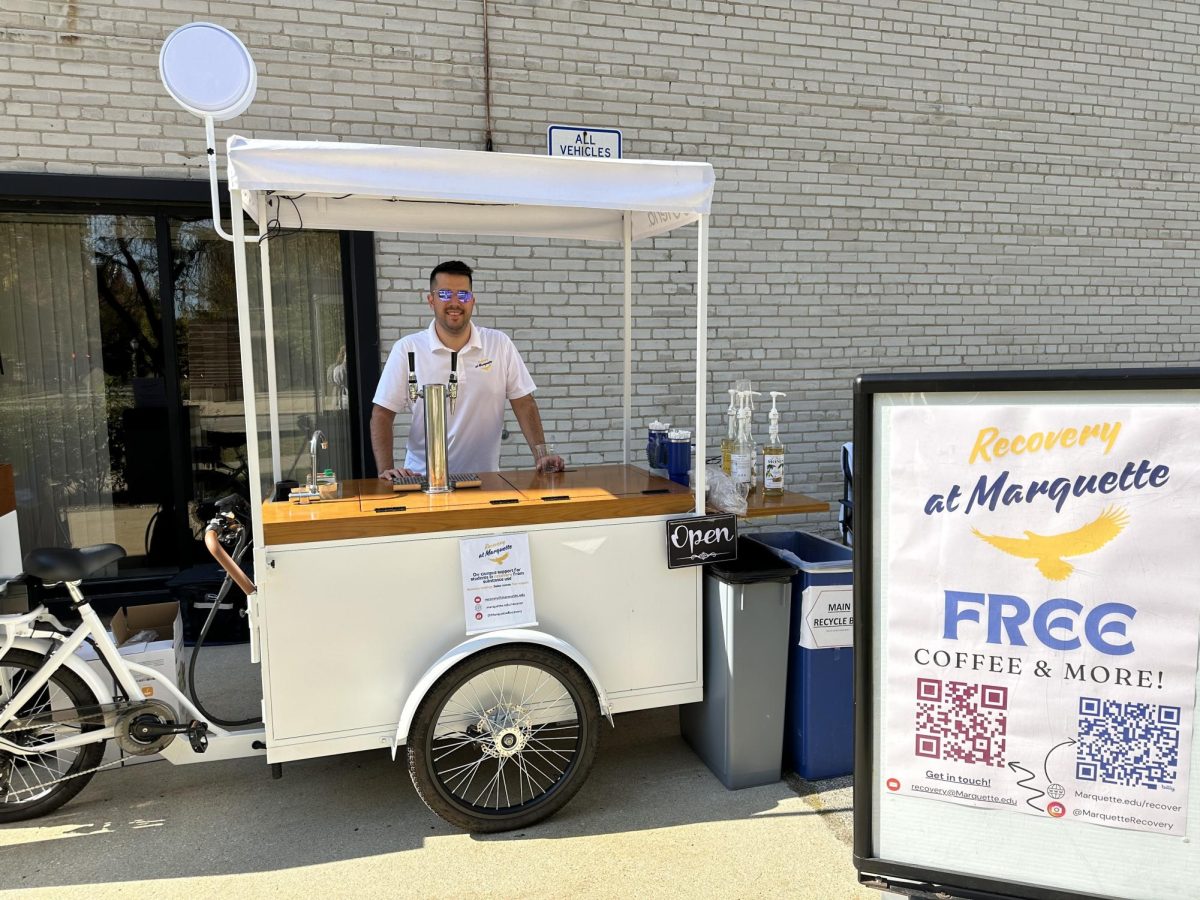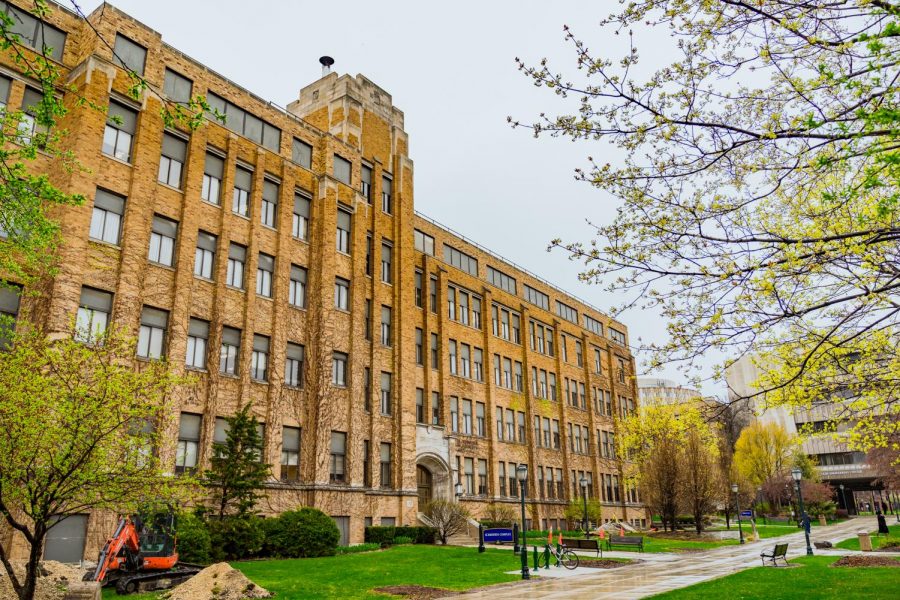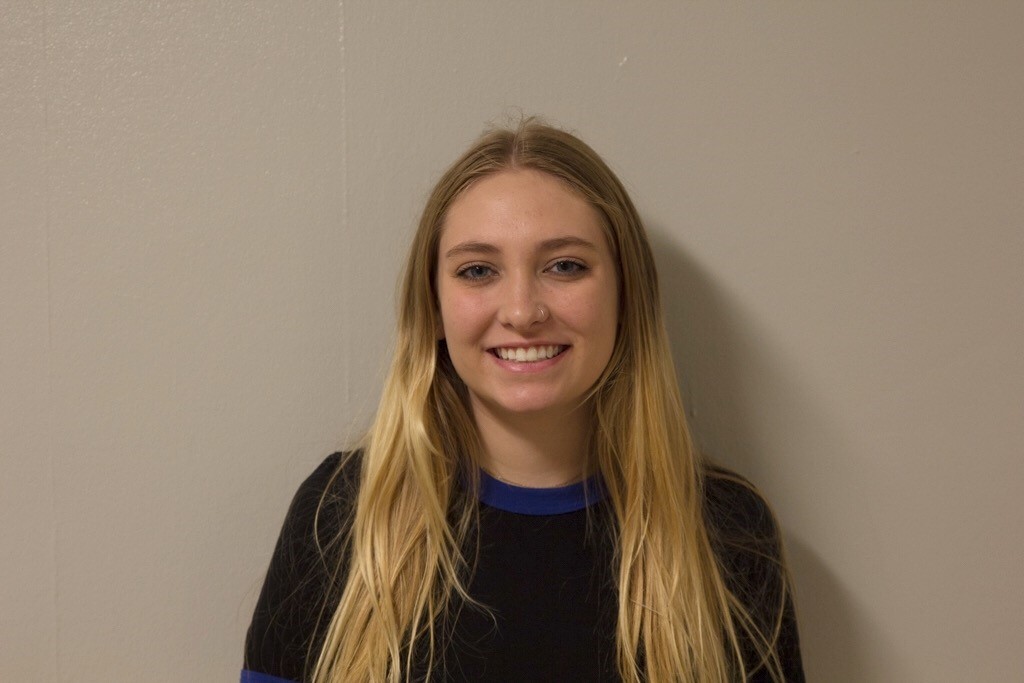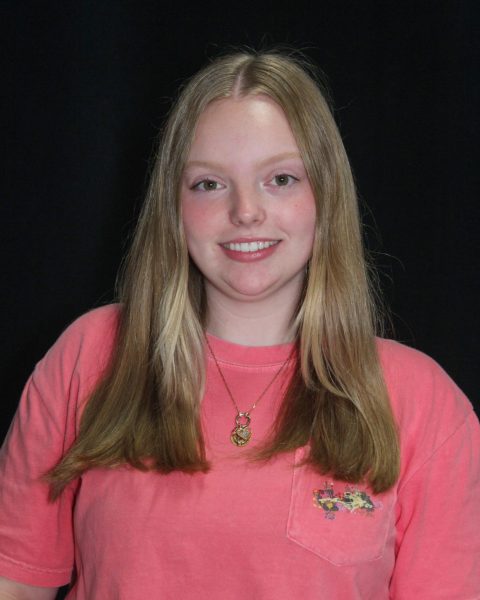Around 30.5 million people from the U.S. aged 18 and older said they have had a substance use problem, and among this number, 22.2 million considered themselves to be in recovery or recovered.
This September marks the 35th anniversary of National Recovery Month, which was started to celebrate the recovery community and highlight the importance of evidence-based treatment and recovery practices like peer-based programs and social get-togethers.
One person focusing on substance use recovery at Marquette is Timothy Rabolt, manager of the new Collegiate Recovery Program that offers on-campus support for students. The program includes weekly and monthly recovery meetings, recovery coaching and community-wide programming.
Rabolt said he has been in recovery from addiction since April 9, 2011, the night of his senior prom. He attended college at George Washington University, where he said he met a lot of students struggling with addiction and saw many of them leave because they were not receiving adequate recovery support from their school. He said being surrounded by the student drinking culture often created a sense of loneliness.
“I remember walking around as an 18-year-old … by all the frat parties and feeling like the only person on campus,” Rabolt said.
Rabolt started working at Marquette in April and said he spent the summer doing as much outreach for the Collegiate Recovery Program as possible. He said that so far in his time here, he developed a website, a social media page and printed media to hand out at his table at Organization Fest.
“If you know someone that’s struggling with drugs and alcohol, that’s what we’re here for,” Rabolt said. “You don’t have to be abstinent … we’re here for people who have identified, ‘I have a problem with this and I’m trying to reconstruct my relationship to drugs and alcohol.’”
Michael Radtke, a student in the Graduate School of Management, said he always wanted to start a recovery-related program in college but never had the time to do it. Since transferring to Marquette, he has been meeting with Rabolt and learning about the Collegiate Recovery Program.
“Marquette is really unique in that it’s been around for nearly 150 years and it’s like the key to the city in a lot of ways. It’s got so many roots in the city of Milwaukee, and there’s no other collegiate recovery program in the city,” Rabolt said.
Rabolt said he wants to use the recovery program to break the generational stigma that students who don’t drink or use drugs can’t have an enjoyable social life.
“I think that with recovery comes a lot of fun, which is a common misconception that if you stop drinking, using drugs or going out partying with your friends, you might lose out on the fun,” Radtke said. “I’m most excited that there’s going to be an association between recovery and fun, and to just break down that stigma of entering into recovery.”
Rabolt said many other Jesuit schools across the country already have recovery programs. He said that through the Collegiate Recovery Program, Marquette has the potential to transform the lives of students who might be in early recovery or are struggling to fit in at college.
“It’s a population that deserves accommodations and adequate support from a university for them to have an experience that offers them the same pursuit of an academic degree alongside their recovery,” Rabolt said.
Emily Drenovsky, counselor and coordinator for Mental Health Advocacy and Outreach at Marquette, said the substances students put into their bodies affect their mental health, anxiety and depression. Frequent substance use can produce a change in brain structure, putting individuals at a greater risk of developing certain problems regarding cognition, memory and mental health.
Radtke said addiction can tear people apart, especially people struggling in college. He said students face added pressures and difficulties and often aren’t aware that recovery programs even exist for them.
“What Tim is trying to bring here to Marquette is that recovery is possible, even for people in college while they’re studying away and trying to be successful in everything they’re doing,” Radtke said.
Radtke said he hopes students lean into the recovery program because focusing on recovering can change their lives in unimaginable ways.
“This exists. There’s a community on campus that can help. We’re not clinical, it’s not treatment, it’s not punitive,” Rabolt said. “A lot of folks on other campuses, myself included, find help in it because it’s recovery amongst your peers. It’s other students walking that same path.”
Rabolt said he has experienced several students at various institutions telling him they don’t know what they would do without a recovery program.
“Even if you just hear that one time, it makes everything worth it,” Rabolt said. “It really is, for some of us, literally life or death. I think that’s where it’s really powerful.”
The Collegiate Recovery Program is hosting a “Recovery Allies” event Sept. 17 open to the entire Marquette community, even those who do not identify as being in recovery. The program is also hosting a Recovery Month Picnic Sept. 26 and an International Recovery Day celebration Sept. 30. Students in need of support can also attend any of the program’s several weekly meetings as listed on the website, or sign up for personal recovery coaching sessions.
This story was written by Mia Thurow. She can be reached at mia.thurow@marquette.edu.


